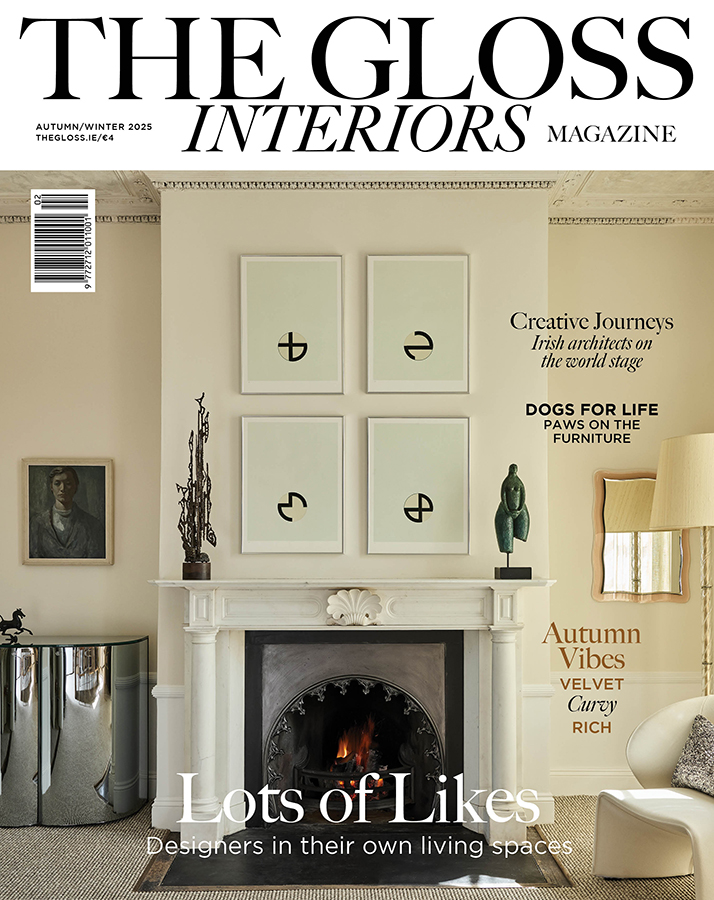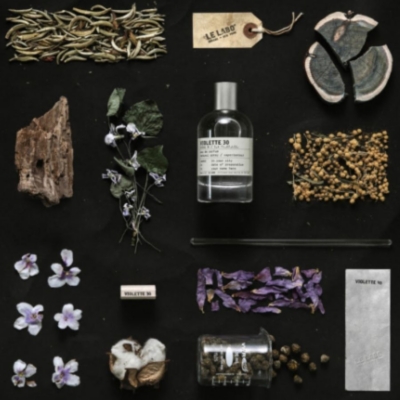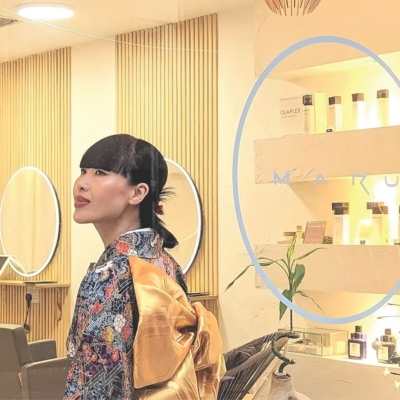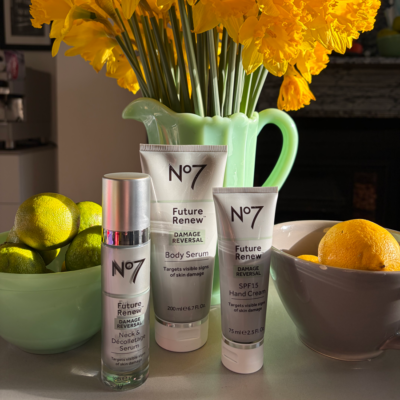Is your skin on its (vitamin) A game? We asked skin experts why we should be trying retinol, how to use it and which ones they recommend …
Retinol, or vitamin A, is one of the most searched skincare ingredients. Should we all be using it? “Retinol is great for your skin. It is recognised as the gold standard in anti-ageing, backed by numerous scientific papers,” notes skin expert Nuala Woulfe, of NU Aesthetics Skin Clinic in Glasthule. Vitamin A is a powerful antioxidant, and is important for activating the recuperative abilities of skin cells – and so it’s renowned for benefits for mature skin. How does it work? “Retinol is a cell communicator that can help damaged skin cells return to their normal function,” explains Woulfe. “When skin is exposed to the UV rays of the sun and it absorbs free radicals, this attacks healthy cells and steals electrons from molecules to try and stabilise themselves. Retinol interrupts this process by attaching itself to damaged cells and communicating with them, helping them to act like healthy cells again. This allows those cells to retain healthier collagen and elastin, which keeps wrinkles from forming.
Anti-acne…
Consultant dermatologist Professor Caitriona Ryan of the Institute of Dermatologists notes that retinol is not only effective against wrinkles and an uneven skin tone, but also acne. “Vitamin A derivatives (retinoids) are an essential cornerstone of a good topical acne regimen to reduce comedones (blackheads and whiteheads) and reduce inflammatory breakouts. They also have a super bonus for those with adult acne – inducing collagen in the skin and decreasing fine lines.”
How To Introduce Retinol into Your Skincare Routine
“If you have sensitive skin, address this first to see the skin barrier is intact and no longer reactive prior to using retinol,” advises Woulfe. “Some people experience dry, red and peeling skin. It is normal to get mild redness and mild exfoliation. Start low and slow, with a low percentage of retinol once or twice a week at night. The sun’s ultraviolet rays render retinols inactive, so look for retinol presented in a metal tube. Avoid retinol during pregnancy and breast-feeding.” Always use an SPF during the day when using retinol, as it can increase sun sensitivity.
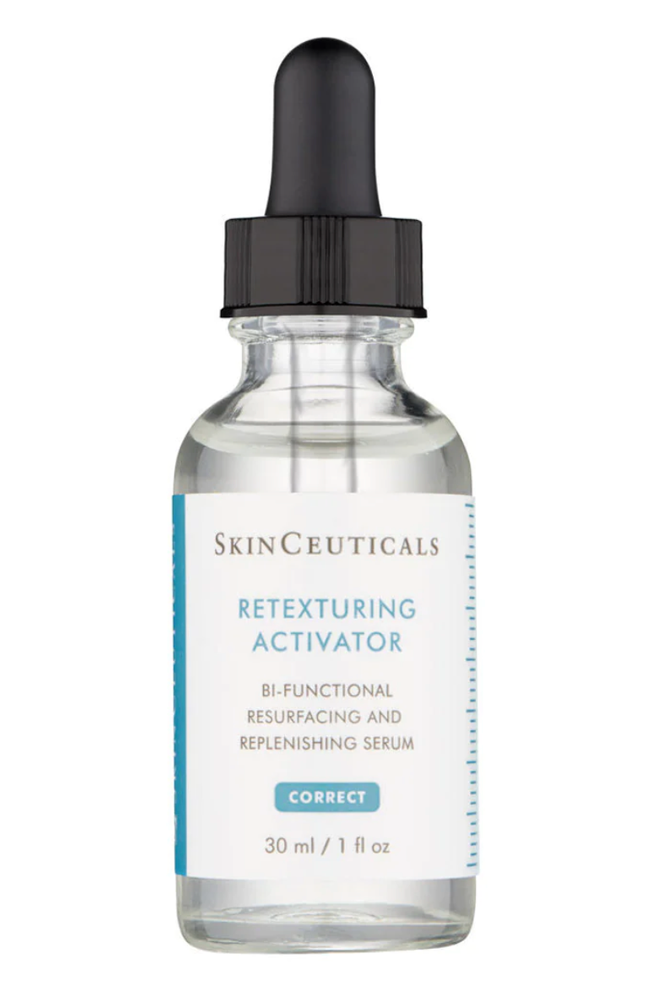
Woulfe’s suggested routine: “Use your cleanser and toner as normal. Dry your skin. Apply some moisturiser. Then apply a pea-sized amount of retinol all over. Take care on sensitive areas like around the eyes, corners of nose and neck, and avoid eyelids and lips. If you use a brightening product, apply it after the retinoid. Use a gentle, grain-free exfoliator once or twice a week on the night that you are not using retinol.” For this, she recommends Skinceuticals Retexturing Activator. “With urea, kombucha and hyaluronic acid, this boasts an efficient oil-free delivery system that is suitable for all skin types. Retinol is excellent for stimulating cell turnover, but it is not the best at finishing the process; this product helps to slough off dead cells revealing smoother, softer and more radiant-looking skin.” €114 at www.nualawoulfe.ie
Slow and steady…
Beauty store Millies.ie also urge caution. “Too much retinol too soon can overwhelm your skin, so first-time users should apply once a week, building up to every other night; otherwise, it could cause flaking skin and irritation. Patience is key. Results won’t be instant; you can start to notice improvements in around three to six months.” Millies advise applying your moisturiser to sensitive areas of the face and neck, after cleansing. “Then apply your retinol product and leave for around 15 minutes, to fully absorb. Then, a layer of moisturiser will lock in the products applied. As your skin adjusts, you can skip the initial moisturiser layer.”
What To Look For in a Retinol
Ryan explains that retinol is found in over-the-counter skincare products (for example, in the form of retinyl palmitate), and also in products you need a prescription to buy; higher-strength retinoids are typically only available over the counter in skincare clinics. Pure retinol is usually more effective than retinol derivatives. The type of retinol base may differ depending on the skin type – for example Differin Gel, which contains adapalene, a retinoid that is more effective for acne. “If you are after the anti-ageing effect, look for either Tretinoin (on prescription) or retinol (or retinal) instead,” advises Ryan.
Here Are Our Recommended Retinols To Try

The new Neutrogena® Retinol Boost face care range consists of six products featuring pure retinol, and it’s all suitable for both experienced retinol users, or beginners. And it’s all under €40. Pure retinol is a powerful active so, as always when starting with this ingredient, beginners should gradually phase these products into their skincare routine. Neutrogena experts recommend starting by using two to three times per week for the first three weeks, working up to daily/nightly use as tolerated. Try the Retinol Boost Serum (€35.99), which is tolerated well by the skin; it improves tone and texture and helps skin to glow. At pharmacies nationwide from €30.99; www.neutrogena.co.uk
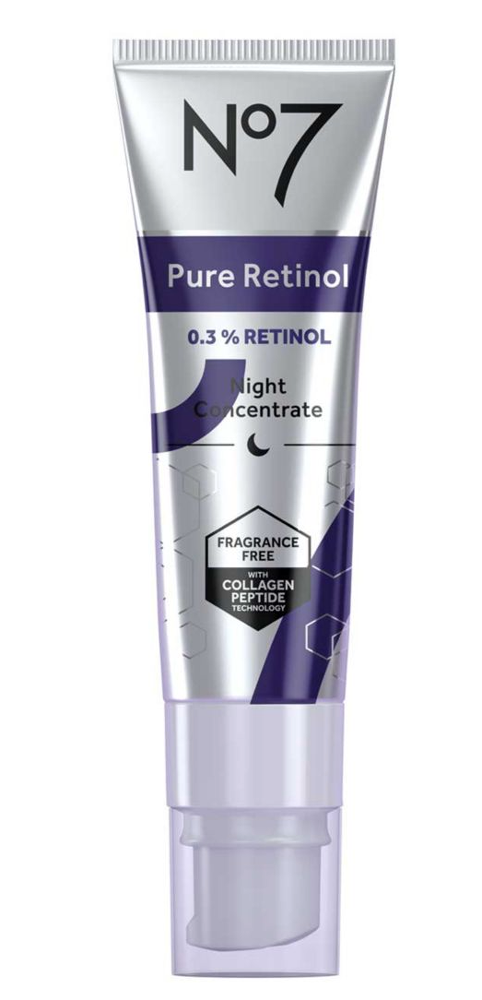
Boots launched their first retinol product back in 2020. They now have a 1%, 1.5% and a No7 0.3% Pure Retinol Night Concentrate available, according to how experienced a retinol user you are. The aim is for the sweet spot of maximum efficacy together with maximum tolerance. “For a long time, there has been a perception that the higher the percentage of retinol in a product, the better it works,” says Head of Science Research for No7, Dr Mike Bell. “However, our breakthrough scientific research with our partners at the University of Manchester found that 0.3 per cent retinol delivers virtually the same age-defying benefits as a higher-concentration retinol, but with minimum irritation.” €42.95, at Boots. www.boots.ie

I’m using Medik8 Crystal Retinal 6 Stable Retinol Night Serum, a kind of wuss’ version, to suit even those with very sensitive skin, as recommended by Galway-based GP, Dr Laura Lenihan, who has her own skincare store online. It offers hydration too (via hyaluronic acid and vitamin E). €85, at www.drlauraclinic.ie
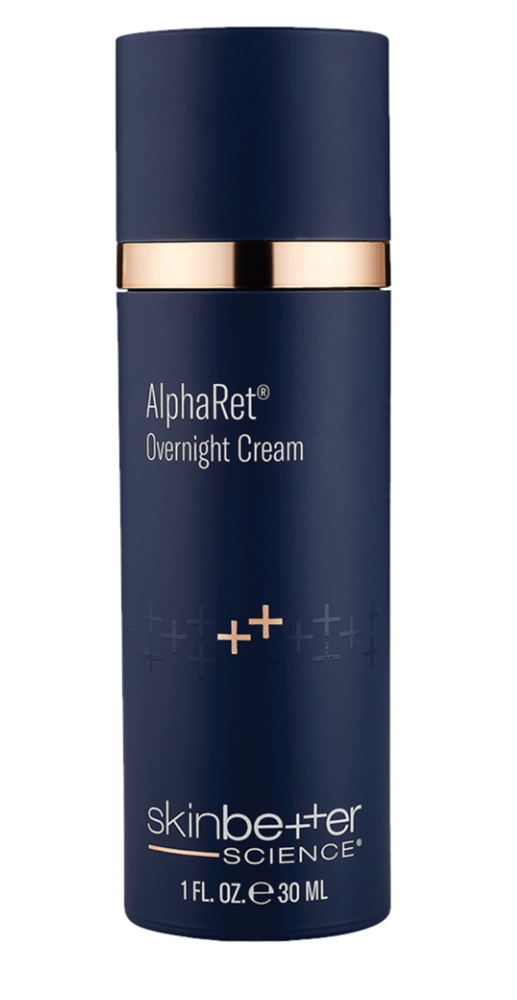
Professor Ryan says: “My favourite is Skinbetterscience Alpharet Overnight Cream (from €80, at www.instituteofdermatologists.ie). Irish pharmacies typically retail maximum concentration of 0.3 per cent retinols – my favourite of these is the La Roche-Posay Retinol B3 serum.”

At Millies, good retinol products include IMAGE Skincare Ageless Total Retinol A Crème (€89), and Environ’s retinol serums; I’m using Environ Skin EssentiA Eye Gel, with retinyl palmitate, a gentler form of retinoid, and I find it excellent. €48; www.millies.ie

Nuala Woulfe also recommends a very gentle option: “Bakuchiol, an antioxidant found in the seeds of the plant psoralea corylifolia, is a good alternative. According to a study published in the British Journal of Dermatology, 0.5 percent bakuchiol cream applied twice a day was as effective in decreasing wrinkles and hyperpigmentation as 0.5 percent over-the-counter retinol applied once at night.” Try the fabulously lavender-coloured Medik8 Bakuchiol Peptides (€64) at SpaceNK. www.spacenk.com
See all our expert tips on starting a new skin and hair routine HERE
Meet The Experts:
Nuala Wolfe has worked in skincare and facials for over 35 years and has extensive experience using the best products and latest equipment.
Professor Caitriona Ryan, trained in Cosmetic Dermatology and is currently a Consultant Dermatologist at the Institute of Dermatologists and Blackrock Clinic, as well as an Associate Clinical Professor at University College Dublin.
Dr. Laura Lenihan is a GP and the Clinical Director of the Dr. Laura Clinic in Galway. She specialises in creating tailored made solutions to treat skin issues such as acne, hyperpigmentation and the signs of ageing.




